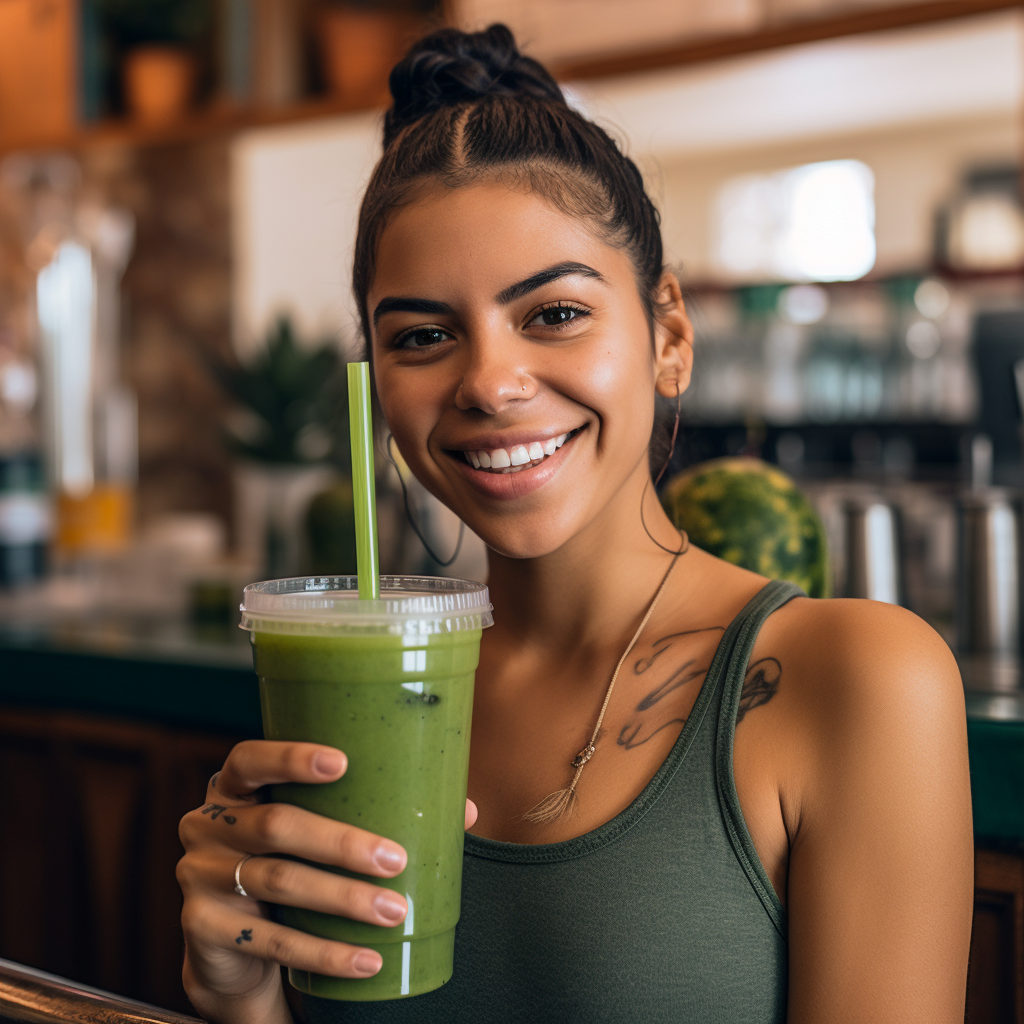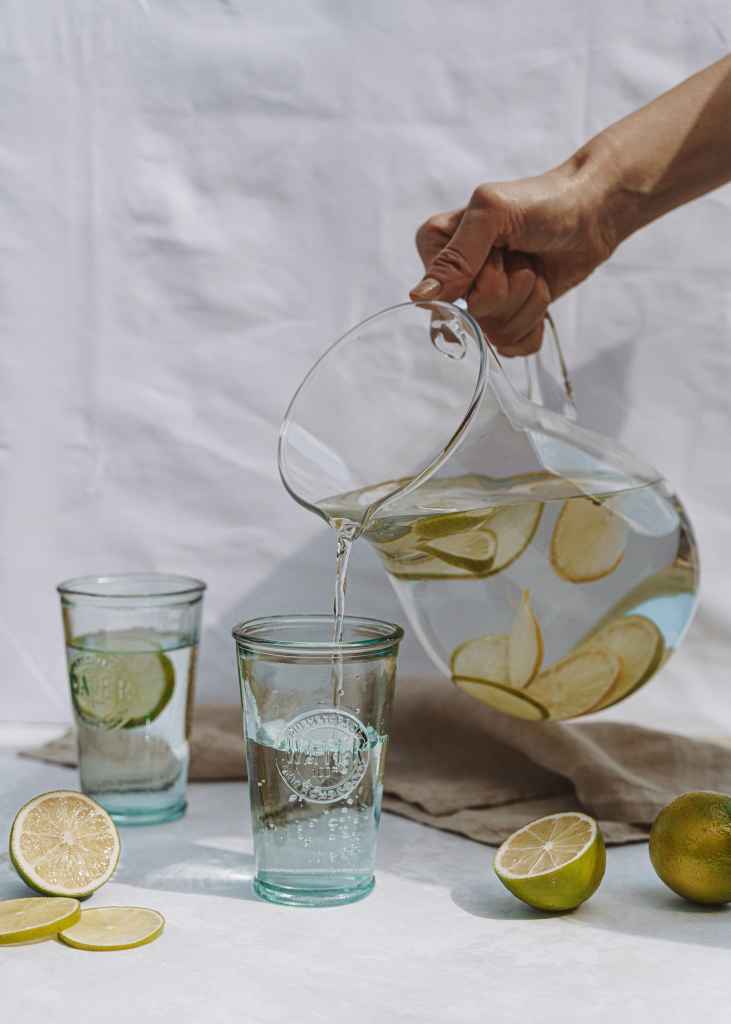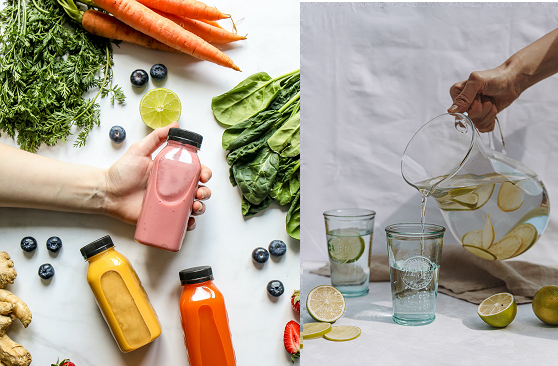In today’s health-conscious world, millennials are constantly seeking innovative ways to optimize their well-being. Juicing and fruit-infused water are two popular methods to incorporate more nutrients and flavor into their diets. In this article, we’ll compare juicing vs. fruit infused water, exploring their benefits, drawbacks, nutritional values, and taste profiles. We’ll also provide recommendations on how to integrate both methods into a healthy lifestyle.
Juicing: The Benefits and Drawbacks
Juicing is the process of extracting juice from fruits and vegetables, leaving behind pulp and fiber. This method has gained popularity because it allows for easy consumption of a variety of fruits and vegetables, often in larger quantities than one would typically eat whole.

Benefits:
- Nutrient-dense: Juicing can provide a concentrated dose of vitamins, minerals, and antioxidants, supporting overall health.
- Easy digestion: With the removal of fiber, juicing can offer faster nutrient absorption and easier digestion for those with sensitive stomachs.
Drawbacks:
- Loss of fiber: Juicing removes the insoluble fiber found in fruits and vegetables, which is essential for healthy digestion and satiety.
- High sugar content: Juicing can lead to a high concentration of natural sugars, causing a rapid spike in blood sugar levels.
Fruit Infused Water: The Benefits and Drawbacks
Fruit-infused water is created by soaking sliced fruits and vegetables in water, allowing their flavors and nutrients to naturally diffuse into the liquid. Find out some good bottles for fruit infused water.

Benefits:
- Hydration: Fruit-infused water encourages increased water consumption, promoting proper hydration.
- Low in sugar: With minimal sugar content, fruit-infused water is a healthier alternative to sugary drinks.
Drawbacks:
- Lower nutrient content: Compared to juicing, fruit-infused water contains fewer nutrients since not all vitamins and minerals diffuse into the water.
- Longer preparation time: Fruit-infused water requires more time to steep, usually a few hours or overnight, for optimal flavor.
Nutritional Value and Taste Profiles
Juicing provides a more concentrated source of nutrients than fruit-infused water, but it also comes with higher sugar content. For those looking to boost their nutrient intake, juicing may be the better option. However, if minimizing sugar intake is the priority, fruit-infused water is the way to go.
In terms of taste, juicing creates a more intense flavor, while fruit-infused water offers a subtler, refreshing taste. Both methods allow for experimenting with various fruit and vegetable combinations to create personalized and delicious beverages.
Incorporating Juicing and Fruit-Infused Water into a Healthy Diet
To enjoy the benefits of both methods, consider integrating them into your routine in the following ways:
- Juicing: Start your day with a nutrient-packed green juice or enjoy a post-workout juice to replenish lost nutrients. Be mindful of sugar content and try to include more vegetables than fruits in your recipes.
- Fruit-Infused Water: Keep a pitcher of fruit-infused water in your fridge for a refreshing and hydrating drink throughout the day. Experiment with different fruit and herb combinations to find your favorite flavors.
Conclusion
Both juicing and fruit-infused water offer unique benefits and can be part of a balanced diet. By understanding their differences and incorporating them mindfully, health-conscious millennials can enjoy the best of both worlds, boosting their nutrition and hydration in delicious and innovative ways.

